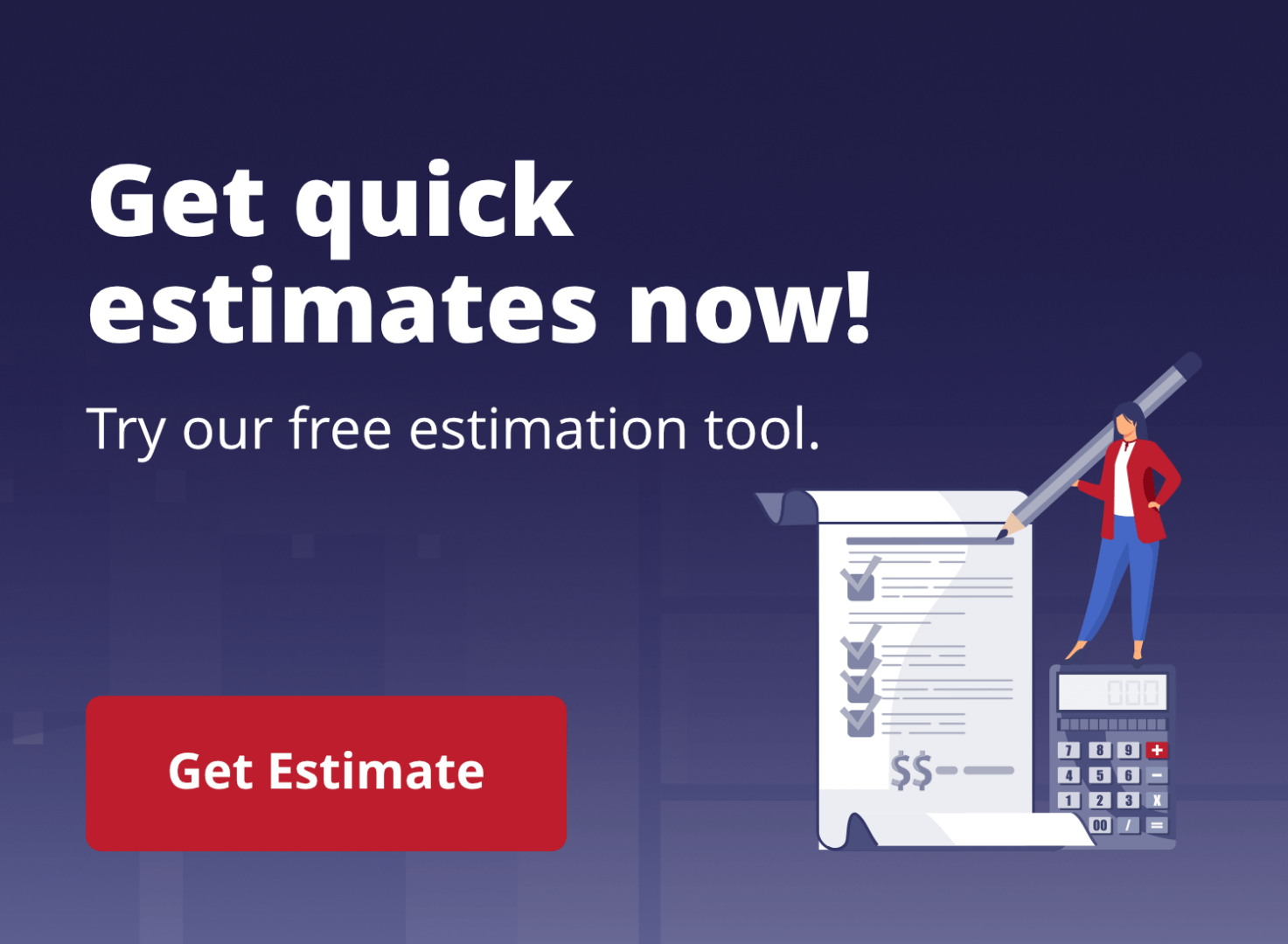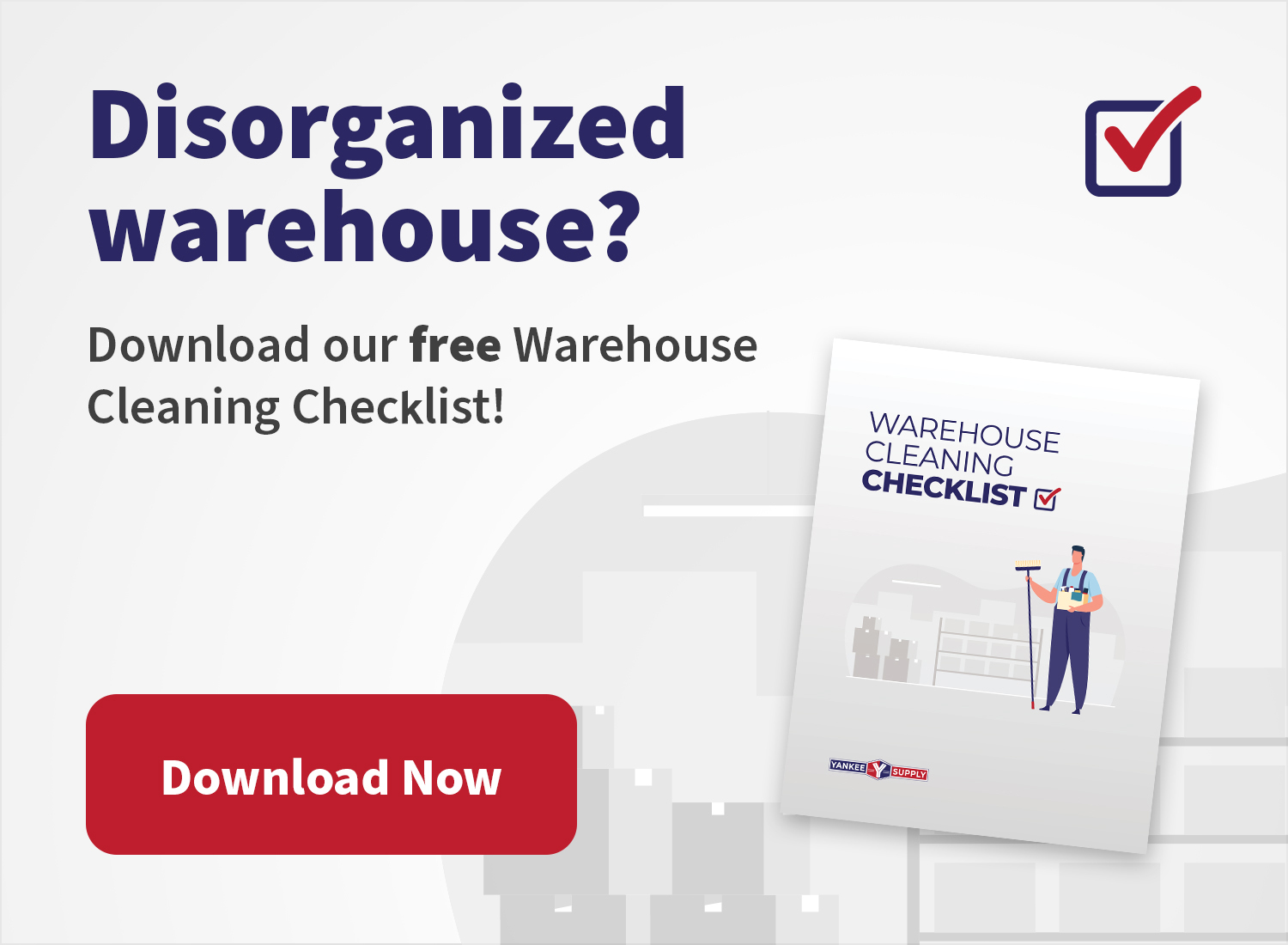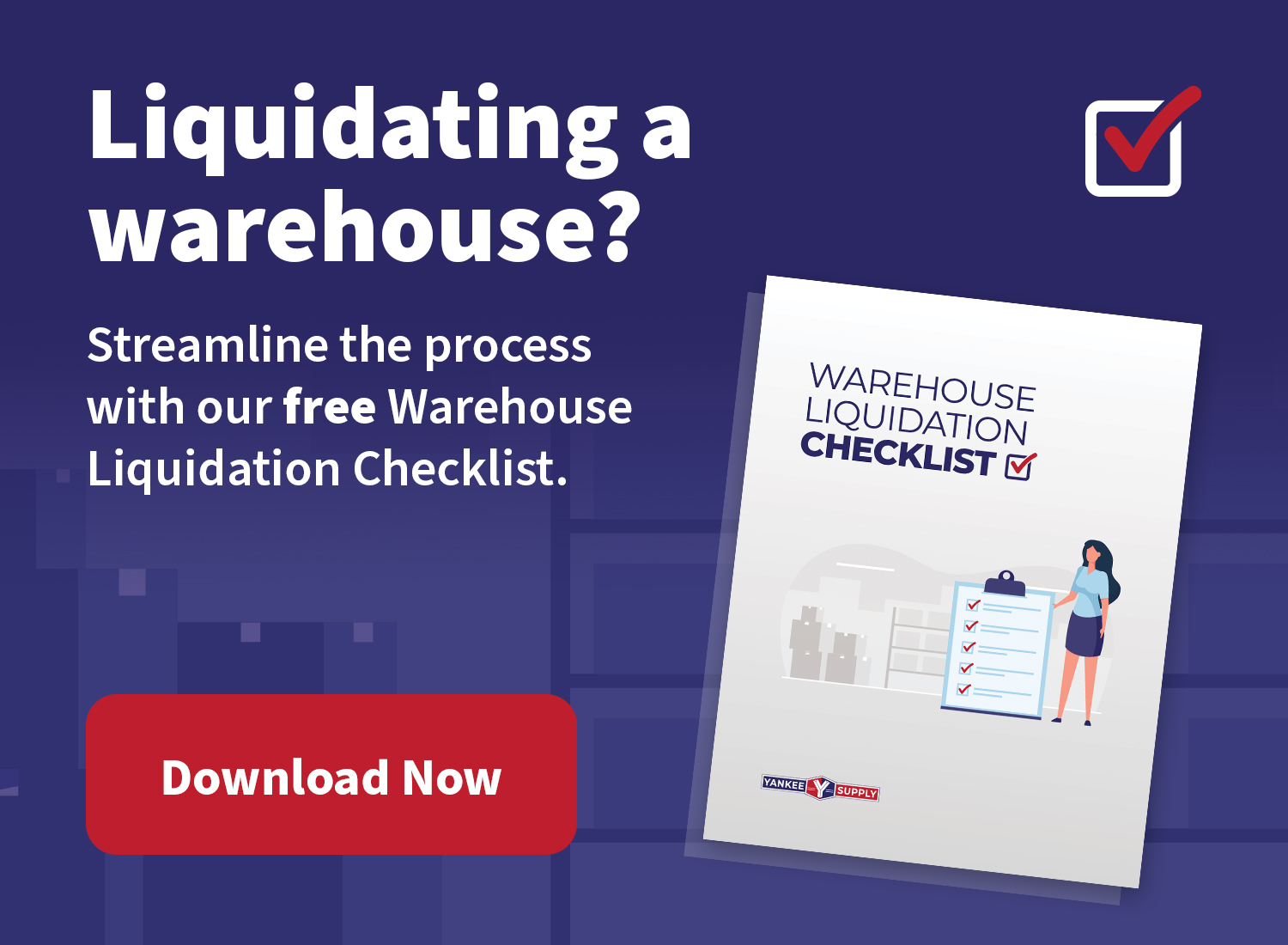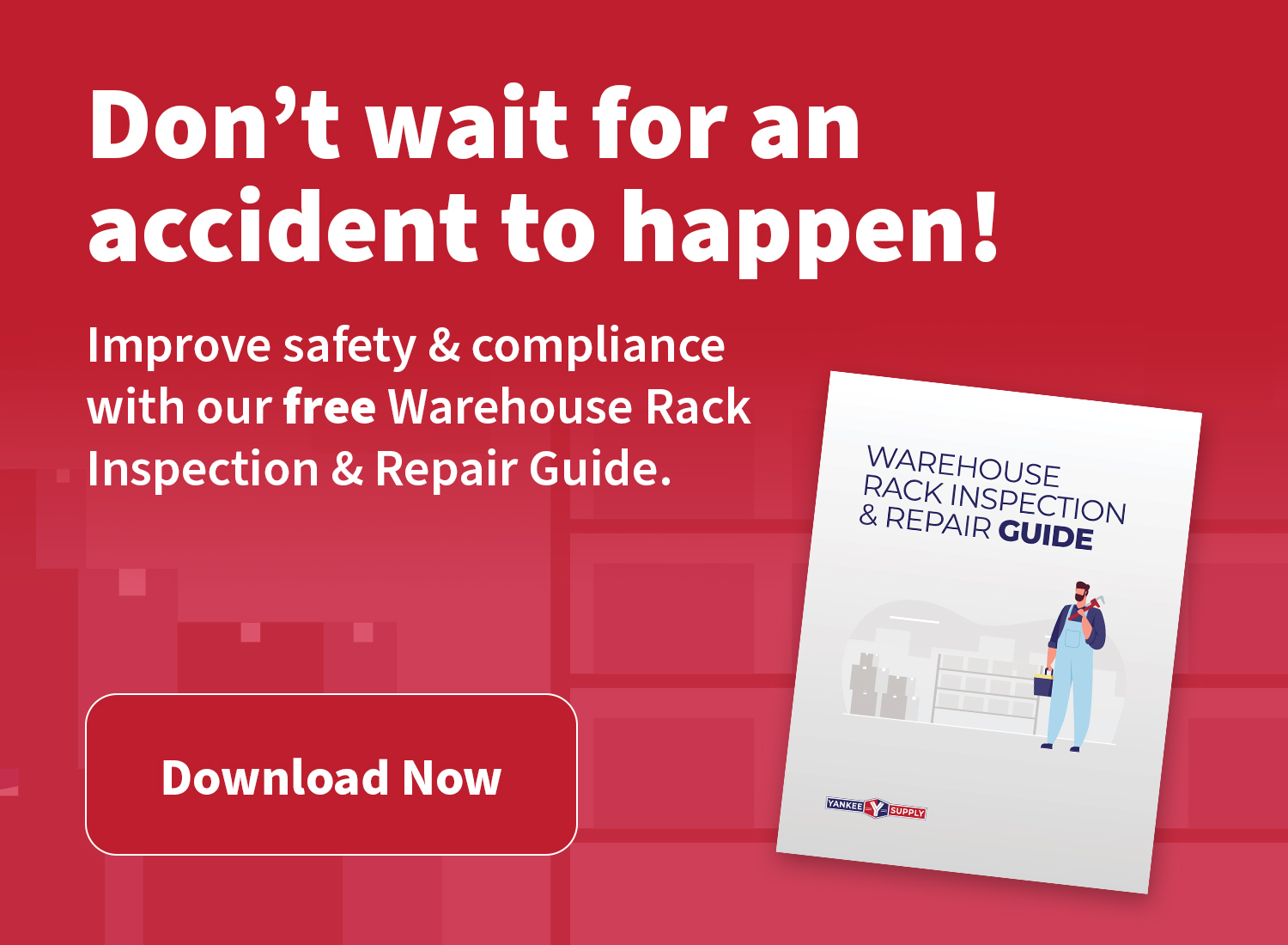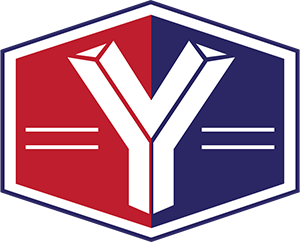Finding the right forklift type for your business can be a daunting task unless you know what criteria to base your choice on. Many forklift types are available today with different specifications, features, and attachments depending on their uses; some forklifts are designed for indoor use while others are optimized for outdoor use.
What Is A Forklift?
A forklift is a machine that is powered by forklift engines and runs on a forklift truck. Warehousemen commonly use it in stockrooms, warehouses, factories, distribution centers, and tradesmen to move goods from one place to another. Forklifts are usually used to move loaded pallets from one place to another within warehouses and factories. Today forklift engines are more efficient, safer, cleaner, and more reliable than ever before. Also, forklifts are sophisticatedly designed to do commercial work in warehouses, stores, and construction. The forklift is a very versatile material handling equipment that can lift goods regardless of their weight.
What Forklift Types Are Available?
It’s essential to know forklift types to choose the right forklift for your business. There are five major forklift types used today: Reach Truck, Electric Counterbalance, Order Picker, Rough Terrain, and Articulated Dumbo Forklift. It’s recommended to hire an expert dealer or distributor to help you find the forklift that suits your needs. Here are some basic things you need to know about forklifts:
Reach Truck
This forklift is one of the most popular forklifts because it performs well in warehouses with high ceilings. The reach truck uses a telescoping mast platform to lift heavy loads and move them from one place to another.
Most forklifts are equipped with a fork carriage and extensions to transport materials such as pallets, crates, and drums.
Electric Counterbalance
This forklift is mainly used in warehouses with high ceilings because most use both hands and feet to operate them. An electric counterbalance uses steel tracks mounted on rubber tires with an electric motor to lift huge loads with ease.
Order Picker
Order pickers are commonly used in assembly lines where they work on orders put down by workers or supervisors. These forklifts are equipped with electric fork carriage to carry loads on assembly lines and their destination.
Rough Terrain Forklift
This forklift is designed for outdoor use where it can work in open fields, forests, mountains, beaches, deserts, docks, construction sites, etc., so they are more potent than other forklift types. Furthermore, Rough terrain forklifts are designed to handle oversized materials such as logs or steel I-beams with fork attachments.
Articulated Dumbo Forklift
This forklift is commonly used by retailers because of its tight turning radius, enabling the forklift to turn in a small space easily. This forklift is also equipped with a fork carriage and fork extensions to transport goods from one place to another.
Walkie Stackers
This forklift type has a fork attachment that uses the walkie-stacker system to stack pallets on top of each other while moving them from one place to another. It’s mainly used for handling material such as loading/unloading trucks, moving materials inside warehouses or storage facilities, retail fulfillment centers, etc.
Factors To Consider What Forklift Type To Purchase For Your Business
So what should you consider when buying a forklift? Considering there are various types, it can be a difficult task. Thus, outlined below are factors to consider when buying forklifts:
1. Engine Type – Indoor or Outdoor
One of the first things to consider is using the forklift if you will be using the forklift outdoors or indoors. Forklifts designed for indoor use will not perform as well as forklifts optimized for outdoor use.
Most forklift manufacturers offer forklift models with gasoline and diesel engines; forklifts with gas engines are lightweight, low maintenance, require slight cooling between loads compared to their diesel counterparts but may be more expensive due to the higher purchase price of the engine. Forklift trucks that run on diesel engines are heavier than forklifts that run on gasoline; this means they’re better at lifting heavy weights, making them the perfect choice for lifting pallets off a truck or loading cargo into containers. They also have more giant fuel tanks hence can travel longer distances before refueling. However, if you need to work in very tight spaces, forklifts with diesel engines are not the best choice as they take longer to start up.
You should also consider forklift rental versus forklift purchase when making your decision; forklift rentals offer convenience and cost-efficiency compared to buying forklifts outright, especially if you don’t need forklifts on a full-time basis or if you’re starting out.
2. Power Source – Gasoline
The next factor to consider is whether you’d like an electric forklift or a gas forklift? Forklifts run on either gasoline or diesel power; both forklifts have advantages and disadvantages that may affect their suitability for different applications. For example, electric forklifts are quiet and emit no fumes, which makes them ideal for forklifts in indoor applications. They’re also low maintenance, easy to start up, and require very little space for parking or maneuvering.
However, forklifts powered by gasoline engines offer more power and a higher lift capacity than forklift trucks with electric power. Therefore, forklift rentals powered by gasoline are usually preferred over forklifts with electric engines for high-payload forklift applications since there aren’t many forklifts available today that can match the lifting capacity of forklifts with gasoline engines.
3. Attachment Options
Most forklifts come with standard forks, but some manufacturers may offer optional attachments like baskets, pallet forks, tire mount ripper jaws, clamps fork holders, and the like. These attachments can be quite expensive, so forklift manufacturers usually offer forklifts with optional attachments to earn more income. You should carefully consider forklift attachments that you might need and then ask your forklift dealer if they’re available for your forklift model. This is important because an attachment that isn’t suitable for your forklift can reduce its performance and safety over time.
4. Type of Load
Forklifts come in different weight classes depending on their load capacity; forklifts designed to carry loads of 1000-2000 lbs are industrial forklifts, while forklifts intended to carry loads between 2000-5000 lbs are light industrial forklifts. Light industrial forklifts aren’t meant for heavy cargo applications, but they have the same lift capacity as warehouse-designated forklifts.
When buying forklift trucks, consider your load capacity and how much weight your forklifts will be expected to carry regularly. Keep in mind that forklift attachments can reduce a forklift’s maximum load capacity, so you should ask your forklift dealer about the lift capacity of the forklift with and without any optional attachments. Also, keep in mind that depending on where you’ll be using the forklifts (indoors or outdoors), different types of forklifts can be better suited than others. This is because weather conditions like rain and snow may shorten the lifespan of forklifts designed for indoor use if used outdoors frequently.
5. Fork Height
Most forklifts come with adjustable height forks which can be raised or lowered depending on the forklift operator’s height; forklifts with adjustable height forks are great for forklift applications where forklift operators of different heights will be driving forklifts.
A forklift’s load capacity is usually measured in tons (2000 lbs), and the maximum fork height is always less than the load capacity. This means that if one forklift has a lift capacity of 2000 lbs, it won’t be able to raise its forks more than 18 inches above ground level. This also means that if you need your forklifts to raise their forks higher, make sure to choose forklifts with high enough lifting capacities for this applicatio
6. Conventional Forklifts Versus Reach Trucks
These are forklifts that can reach into aisles and tight spaces with their fork arms fully extended. Reach forklift trucks are designed to maneuver easily even in congested forklift applications; they’re usually preferred over conventional forklifts for forklift applications where forklift operators need to drive the forklifts around narrow aisles.
However, forklifts without reach arms or “outriggers” can be driven from aisle to aisle if needed, so if your business doesn’t have very high ceiling racks, an outrigger-less forklift may be a better choice than a reach truck.
Forklift manufacturers usually offer forklifts with and without “outriggers” (also called “stabilizers”) as a way of catering to forklift operators who work in forklift applications with high ceiling racks and forklift operators who work in forklift applications with low ceiling racks.
7. Know Your Demands
Ask yourself how much forklift cargo capacity you’ll need for your business; if you don’t have very high storage racking or frequently handle mixed cargos, a forklift with a 2-ton lift capacity may be more than enough for your forklift needs. On the other hand, if you’re handling heavy loads, the forklifts used by your forklift operator must accommodate these heavy loads (don’t buy forklifts with maximum load capacities less than the heaviest loads you’re likely to handle).
If your forklift operator isn’t driving forklifts around in tight spaces like in narrow aisles, consider looking for forklifts with shorter fork lengths. Forklift manufacturers usually offer fork truck forks that can be lowered within 3 minutes. If your forks aren’t likely to need adjustment often, adjustable height forks may be enough.
If you are using your forklift trucks outdoors or in harsh weather conditions, make sure you choose forklift models that are designed to work best in these conditions; ask about available options like anti-slip rollers and snowplows if you know that your forklift operator will be driving forklifts in winter weather.
8. Comfort
The forklift truck’s fork length, lift capacity and lift height are the three most important factors to consider when choosing forklift trucks for your forklift applications. Still, it is also essential to select forklifts with reliable safety features like safety locks on the mast, seat belts, and anti-tip locks. In addition, Occupational Safety and Health Administration (OSHA) standards require forklift manufacturers to comply with OSHA forklift safety standards. This ensures that all OSHA-approved forklifts are at least as safe as their top-of-the-line competitors (for example, OSHA requires that load backrests prevent operators from falling backward while driving).
If you’re looking for forklift models designed to provide forklift operators with comfortable forklifts for forklifting, look into ergonomic forklifts; features like adjustable seats and adjustable steering wheels can help make forklifting easier on your forklift operators.
To sum it all up, forklifts can be categorized in many different ways. Before purchasing forklifts, know what you’ll be using them for and how many lifting capacities you’ll need. Once you have all this knowledge, you’re ready to begin shopping for suitable forklifts.



